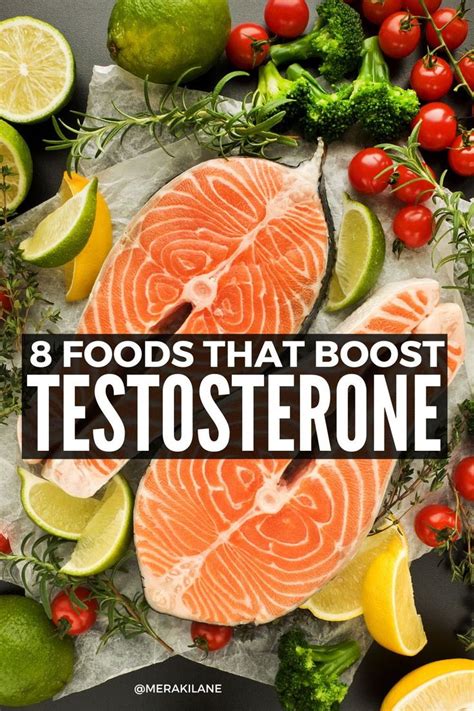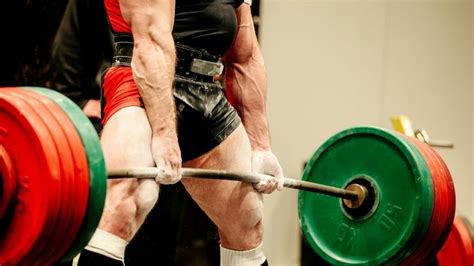How can men naturally boost testosterone for peak energy & muscle growth?

Testosterone, often hailed as the cornerstone of male vitality, plays a crucial role far beyond just sex drive. Optimal testosterone levels are fundamental for maintaining high energy, building lean muscle mass, preserving bone density, improving mood, and enhancing cognitive function. As men age, or due to various lifestyle factors, these levels can naturally decline, leading to reduced energy, muscle loss, and other undesirable symptoms. The good news? You can significantly influence your testosterone naturally through targeted lifestyle interventions.
Fuel Your Hormones: The Cornerstone of Diet
What you eat directly impacts your hormonal balance. To naturally support testosterone production, focus on a diet rich in whole foods. Healthy fats, particularly monounsaturated and polyunsaturated fats found in avocados, nuts, seeds, and olive oil, are essential precursors for hormone synthesis. Protein intake, from sources like lean meats, fish, eggs, and legumes, is vital for muscle repair and growth, which in turn supports a healthy hormonal environment.
Micronutrients also play a critical role. Zinc, abundant in oysters, red meat, and pumpkin seeds, is crucial for testosterone production. Vitamin D, often called the ‘sunshine vitamin,’ is actually a hormone and has a strong correlation with testosterone levels; ensure adequate sun exposure or consider supplementation. Magnesium, found in leafy greens, nuts, and dark chocolate, is another key mineral linked to free testosterone.

Power Up with Exercise: The Right Moves
Regular physical activity, especially certain types, is a potent testosterone booster. Strength training, particularly compound movements like squats, deadlifts, bench presses, and rows, stimulates a significant hormonal response. Aim for 3-4 sessions per week, focusing on heavy weights with moderate repetitions (6-12 reps per set).
High-Intensity Interval Training (HIIT) has also shown promise in elevating testosterone. Short bursts of intense exercise followed by brief recovery periods can be very effective. However, avoid chronic endurance training and overtraining, as these can actually lead to a drop in testosterone and an increase in cortisol, the stress hormone.

Unlock Gains Through Sleep: Rest and Restore
Sleep is arguably the most underrated factor in hormonal health. Testosterone is primarily produced during deep sleep phases. Chronic sleep deprivation, even just a few nights of inadequate rest, can significantly lower your testosterone levels. Studies suggest that getting less than 7-8 hours of quality sleep per night can dramatically reduce daily testosterone production.
Prioritize sleep hygiene: establish a consistent sleep schedule, create a dark, cool, and quiet bedroom environment, and avoid screens before bedtime. Adequate, high-quality sleep not only boosts testosterone but also improves recovery, energy, and overall well-being.

Master Your Mind: Stress Reduction Techniques
Chronic stress is a testosterone killer. When you’re stressed, your body releases cortisol. High cortisol levels can suppress testosterone production, creating a vicious cycle of low energy and poor mood. Implementing stress management techniques into your daily routine is crucial.
Practices such as meditation, mindfulness, yoga, deep breathing exercises, and spending time in nature can help lower cortisol levels. Engaging in hobbies, nurturing social connections, and ensuring a healthy work-life balance are also vital for maintaining mental equilibrium and supporting optimal hormone function.

Smart Supplementation and Lifestyle Hacks
While diet, exercise, and sleep are primary, certain supplements can offer additional support, but always consult a healthcare professional. Vitamin D3, Zinc, and Magnesium are often deficient and can be supplemented. Other compounds like Ashwagandha (an adaptogen that helps reduce stress and cortisol) and Fenugreek have shown some promise in studies, though results can vary.
Beyond supplements, other lifestyle factors include maintaining a healthy body weight (obesity is linked to lower testosterone), limiting alcohol consumption (excessive alcohol can impair hormone production), and reducing exposure to xenoestrogens (endocrine-disrupting chemicals found in plastics and some personal care products).

Conclusion: A Holistic Path to Vitality
Boosting testosterone naturally isn’t about finding a single magic bullet; it’s about adopting a holistic lifestyle approach. By consistently prioritizing a nutrient-dense diet, engaging in challenging physical activity, securing adequate sleep, and effectively managing stress, men can create an optimal environment for robust testosterone production. This integrated strategy will not only help you achieve peak energy and muscle growth but also contribute significantly to your overall health, vitality, and well-being, paving the way for a more energetic and fulfilling life.









